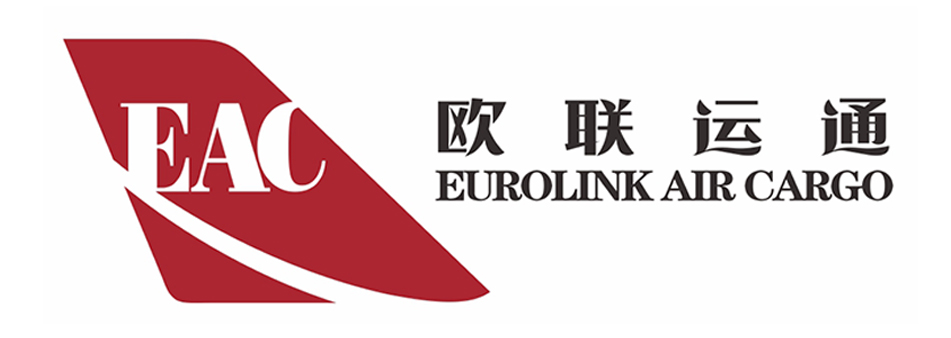Air cargo currently a competitive option
In her presentation at the World Cargo Symposium, Marie Owens Thomsen, Iata’s Chief Economist and SVP Sustainability, pointed out that, although 2024’s estimated profitability for the entire global airline industry was in excess of $25 billion, this equated to just $5.5 per passenger.
“The industry is still not robust,” she said. “That is why air cargo is such an important pillar going forward.”
Air cargo is increasing market share, growing key trade lanes, and boosting capacity. Air cargo rates remain strong although they have dropped from 2022 highs.
The sector’s growth is outpacing the rise in merchandise trade and a key Asia-North America trade lane is growing rapidly. Although capacity is being driven by belly space on passenger flights, there will be a notable uptick in dedicated freighter services in 2024.
Combined with the difficulties in the maritime industry, these factors are making air cargo an extremely competitive proposition. There is a clear correlation between air cargo rates and ocean freight reliability. When maritime is struggling, shippers quickly shift to air cargo.
But challenges remain. Arguably, most noteworthy is the fact that some 4.2 billion people representing about 70% of global GDP will be affected by elections in 2024. Unexpected outcomes and radical policy changes will occur, creating a nervous business community.
Also in 2024, it is likely that oil and gas extraction will reach record levels. Despite this, fuel prices and the crack spread are expected to remain high. The crack spread is likely to have found a new equilibrium due to a lack of refining capacity, meaning it will not drop to pre-pandemic levels in the foreseeable future.
In terms of finance, there are record debt levels in countries, corporations and households. Global GDP remains at 3%, however, and the recessions predicted for 2023 did not materialise, in large part because global unemployment is at or near historic lows. The tight labour markets are good news for consumer incomes and that is a positive for the global economy.
US inflation is still above its target level at 3.1%. Interest rates will therefore likely be higher than expected for most of the year, making the cost of borrowing more expensive. The US dollar is strong, which will affect many carriers with costs in dollars and income in other currencies.
“All regions are expected to post a positive operating margin in 2024,” Thomsen said. “Air cargo will be extremely important in delivering those results.”
Thomsen chaired a panel on factors affecting the air cargo market, which noted that agreements and facilitation processes were developing rapidly. Greater protectionist measures, tighter security requirements, and concerns about the sustainability of trade, are all hampering growth.
However, Alina Fetisova, trade facilitation programme officer at the International Trade Centre, said policies were often misguided. For example, in terms of sustainability, distance is not a greater predictor of the carbon footprint. Flowers in Europe use greenhouses but in Africa or South America that isn’t necessary and so, even factoring in the flight, growing flowers in sunnier climates and transporting them is the most sustainable way forward.
Cathay Cargo director, Tom Owen said sustainability must be “front and centre of air cargo’s proposition”. The carrier is committed to the cause, including a 10% use of sustainable aviation fuels (SAF) by 2030.
E-commerce was also a source of discussion, and other factors considered included the continuing emergence of India as a significant market, an increasing need for digitalisation, and the growth of the perishable trade.
